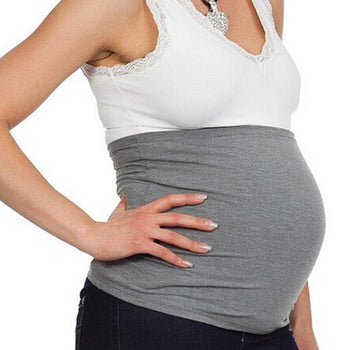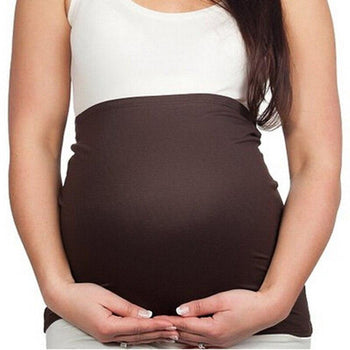Miscarriage is defined as the spontaneous termination of a pregnancy at any stage, usually in the first trimester.
In this article, we will explore some causes and symptoms of miscarriage and discuss how to prevent it from happening again. Also, there are several treatments for people who experience recurrent discharge after a primary loss. Knowing these topics can help you make informed decisions about your future pregnancies and the family planning options available to you if you want to stop having children.
The causes of miscarriages
Miscarriage can be caused by different factors. Hormonal imbalances are one of the main causes of miscarriage. A miscarriage can also occur if the fetus is unhealthy or has inherited genetic abnormalities. A miscarriage also occurs when the egg is fertilized by two sperm, instead of just one. This is called a miscarriage. The embryo can have three sets of genes instead of two. This type of miscarriage is known as triploidy and the majority of these miscarriages occur in women over the age of 40.
Furthermore, miscarriage has been associated with immune reactions that occur when the body sees the fetus as foreign matter and tries to reject it. Finally, trauma to the uterus can also lead to miscarriage.
Symptoms of miscarriage
A miscarriage is the spontaneous termination of a pregnancy at any stage, usually during the first trimester. Common symptoms of a miscarriage are vaginal bleeding, abdominal or pelvic pain, and cramping
The cause of most miscarriages is unknown, but factors that can lead to miscarriage include: chromosomal abnormalities, ovulation abnormalities, hormonal imbalances, immune reactions, and trauma to the uterus.
Good habits and diet to avoid miscarriages?
In order to prevent a miscarriage from happening again, you can change your lifestyle. Lifestyle changes that have been shown to help reduce the risk of miscarriage include:
Avoid or limit caffeine intake
Caffeine is a stimulant found in coffee, tea, cola and chocolate. It is also added to some medications, including cold and flu remedies. Some studies have shown that caffeine can increase the risk of miscarriage, while other studies have shown no link between caffeine and miscarriage.
If you are trying to conceive or are pregnant, it is recommended that you limit your caffeine intake to 200mg per day. This is equivalent to two cups of coffee, four cups of tea or six cans of cola.
Eliminate alcohol consumption
Alcohol increases the risk of miscarriage. It is recommended that you stop drinking alcohol as soon as you find out you are pregnant. If you drank a lot before getting pregnant, it is recommended not to drink at all during pregnancy.
Stop smoking
Quitting smoking can be difficult, but it's important to remember that quitting smoking can reduce the risk of miscarriage. Quitting smoking has many benefits, including better health for you and your baby. Quitting smoking will also make your life easier by saving you money. It can be difficult at first, but there are many resources available if you want help quitting smoking.
Adopt a high-protein diet and reduce animal fats
A high protein diet can have a number of health benefits, including weight loss, increased muscle mass, and better overall health. A high-protein diet is also beneficial for pregnant women and can help reduce the risk of miscarriage. Animal fats are unhealthy and can increase the risk of miscarriage, heart disease and other health problems.
Replacing animal fats with healthy plant proteins can help reduce the risk of miscarriage and improve your overall health.
To conclude, having a miscarriage can be an emotionally difficult experience that includes physical discomfort and heavy bleeding for a woman who has just lost her child. If you have ever suffered a miscarriage, it is important to talk about your feelings with someone close to you so that they can support you during this time if necessary. Talk openly about how the miscarriage affects both partners during the different stages following the miscarriage.
About 15% of pregnancies end in miscarriage. It is therefore important to know the signs and symptoms so that you can seek help if necessary.
In this article, we have discussed some causes of miscarriage as well as lifestyle changes that can reduce the risk of miscarriage. We hope these suggestions help you stay healthy throughout your pregnancy!























